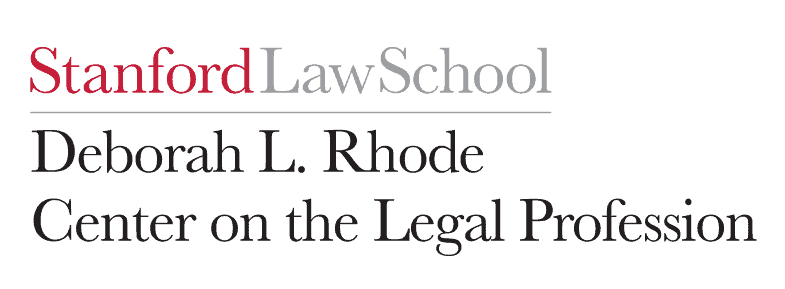
On May 26, 2021, Nora Freeman Engstrom, Ernest W. McFarland Professor of Law and Co-Director of the Stanford Center on the Legal Profession, was honored with Berkeley Law’s Civil Justice Research Initiative’s inaugural Best Article prize for “The Lessons of Lone Pine,” published in the Yale Law Journal.
Originating in a toxic-tort case in New Jersey about contamination from the Lone Pine landfill, Lone Pine orders have been used to manage cases by judges in many of the major mass-tort multidistrict litigations of the last few decades. Designed to weed out spurious claims early, these orders require plaintiffs to come forward with prima facie injury, exposure and causation by a date certain – or else face an early and unceremonious dismissal. In the piece, Engstrom questions the conventional wisdom lauding Lone Pine orders and uses a deep exploration of their use to illustrate broader currents that are quietly transforming contemporary civil litigation. This Article is emblematic of Engstrom’s work on the day-to-day operation of the civil justice system and her focus on thorny issues at the intersection of tort law, ethics and complex litigation.

Engstrom has also published a companion piece, titled “Lone Pine Orders: A Critical Examination and Empirical Analysis,” in the University of Pennsylvania Law Review (co-authored with her research assistant, Amos Espeland). And with the help of SLS’s terrific library staff, Engstrom has created a national, searchable repository of Lone Pine orders, to promote future study and analysis. (Because the orders are typically unpublished, before Engstrom’s work, they existed beneath the radar, and research on them was difficult.)
Building off this work, the Center is co-sponsoring with Berkeley’s Center on Civil Justice a September webinar for lawyers on leadership in multidistrict litigation, and a small convening in January of lawyers, judges and scholars on lawyer-client relationships in multidistrict litigation, and how to ensure that MDL clients are represented in a manner consistent with the rules of professional conduct.
